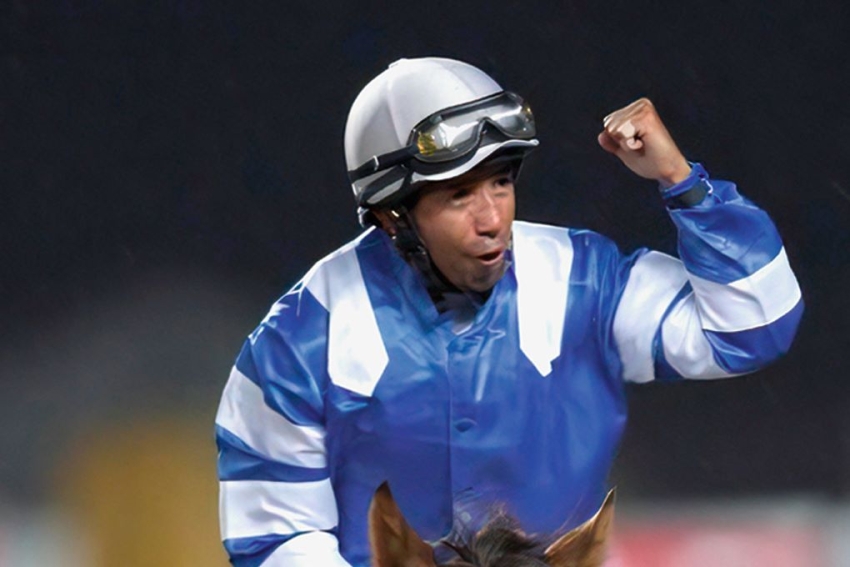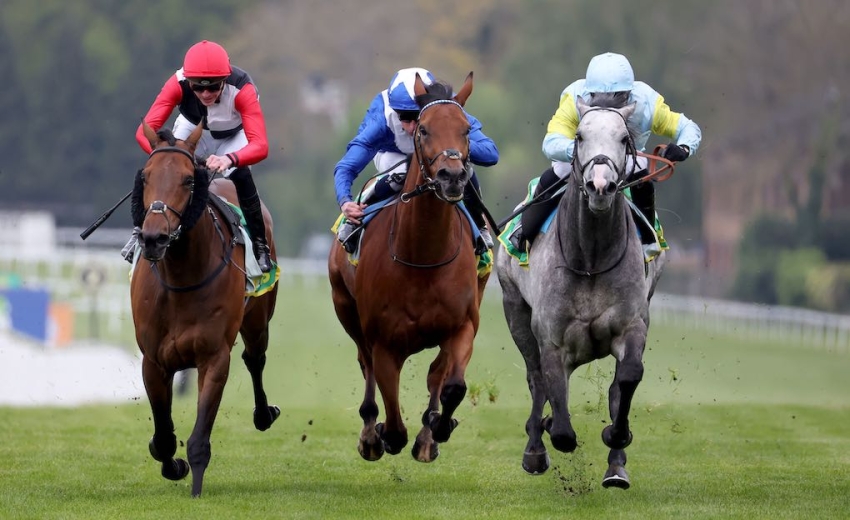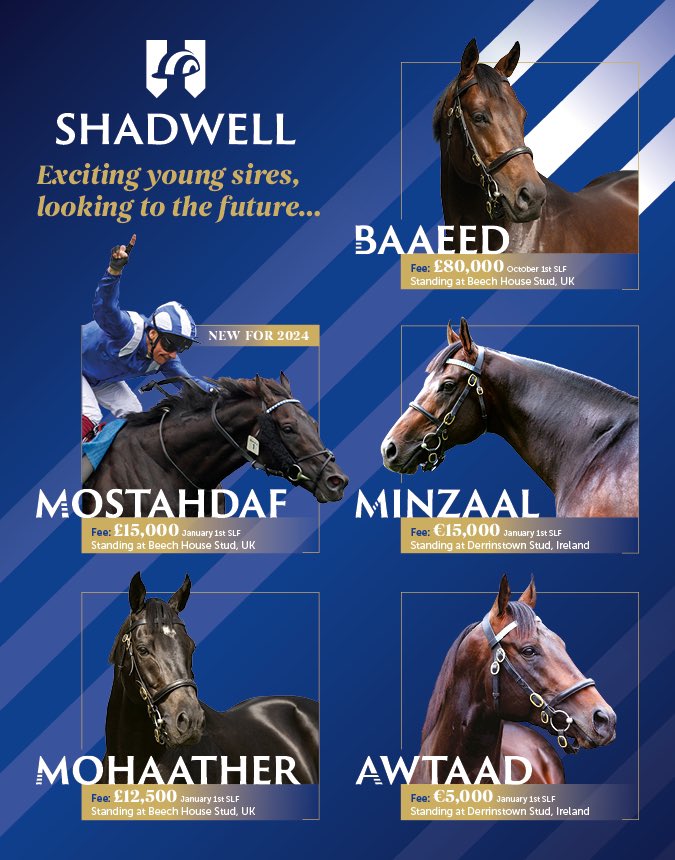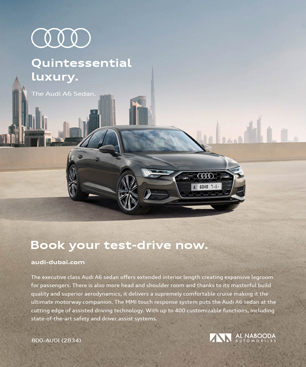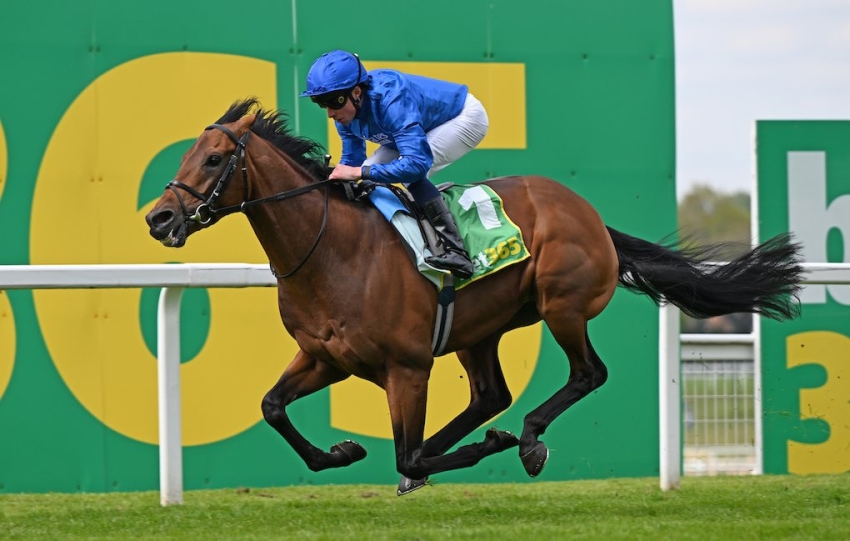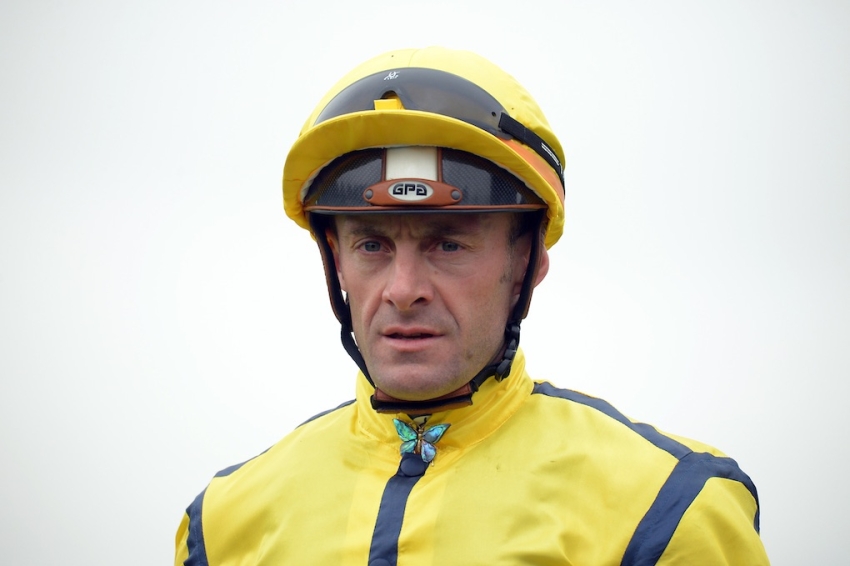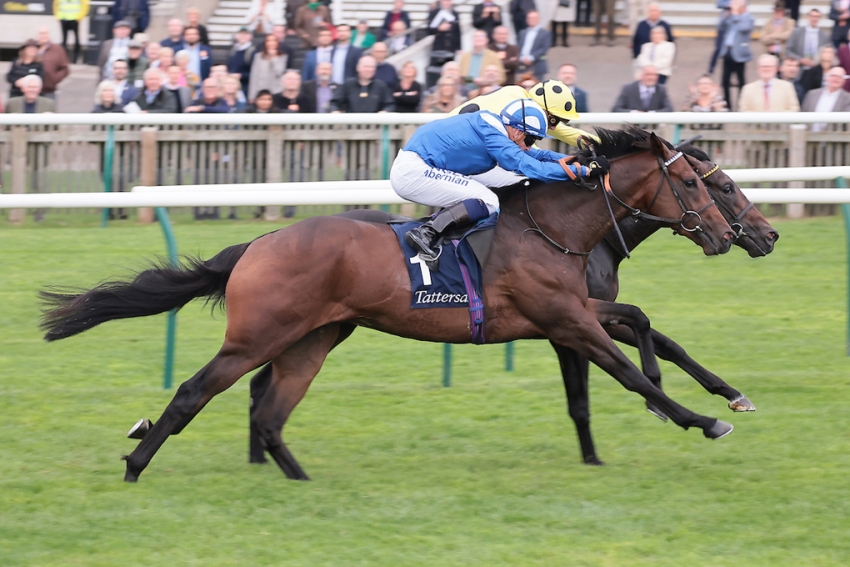By Julio Guimaraes -
José Verenzuela has swapped the whip for the microphone . . . but it may only be a temporary move. The renowned international jockey put his riding career on hold due to an accident on the track and currently combines his time acting as a race commentator for radio networks and an influencer of horse racing through YouTube and various other social media platforms. A champion jockey in his native Venezuela and a winner of every major race in Saudi Arabia, Verenzuela reveals he has now regained his motivation and would be ready to return to the jockey profession if asked. In an exclusive Q&A with AR+, Verenzuela talks through his career and offers his opinions on some of the sport’s big questions.
Why did you put your job as a jockey on hold?
I stopped riding in 2017, because in 2016 I broke the tibia bone of my right leg working a Ron McAnally horse and after two months when I returned, business had dropped significantly. I had been winning a few races, the owners supported me, but after the accident everything became quite difficult for me. The mounts they offered me were horses of 30, 40, 50 to 1 and no matter how much one wants to do well and ride as well as possible, I became demotivated. I returned at the end of last year, had seven races and was able to achieve three second places with Ron's horses, who was kind enough to help me in that unexpected return. I am still working five or six horses, six days a week; that helped a lot to stay in shape. I think I can ride for another year or two without problems. I have desire, I have motivation, physically I feel good; now I'm waiting for someone who wants to support me.
What was the happiest day of your life as a jockey?
There have been several; the first when I won my first Grade 1 in Venezuela in 1988 as an apprentice jockey. The other big day was when I won the Dubai Golden Shaheen at Nad Al Sheba with Big City Man in 2009. We were working all that year with the horse. We won three races in Dubai and finished second, narrowly losing an incredible race against Gayego. The last time I saw Big City Man was before returning from Saudi Arabia and Dubai to Miami. They had sent the horse to California with the intention of running in the G1 Breeders’ Cup Sprint. The plan was for me to ride him in Del Mar, but in his last exercise at Hollywood Park the horse became sore, had colic and died in the hospital. It was the saddest day of my life as a jockey.
When did you decide to work in the media?
I have always had a taste for journalism and being a commentator. On several occasions I received invitations to comment on the Breeders’ Cup or the Kentucky Derby for Venezuelan networks. Then, a job on radio with Carlos Morales arose. Due to my activity as a jockey, I took the opportunity to be on the Agentes305 program, which is broadcast on YouTube. It is easy for me to communicate and the friendship with jockeys and trainers makes it easier for me to enter.
Do you think fans understand jockeys and appreciate their work?
It's not that I think the public doesn't recognize the effort, but there is a negative feeling when there are bets. So, if you are the best jockey when you lose a race, the loss of the bettor's money results in a negative return. Not from the hardcore fans, but from the over-the-top bettor. The bet skews what they are seeing.
Why did Señor Buscador win the Saudi Cup?
Señor Buscador was presented with a race with a good pace; attacking horses need that to be present in the final meters. If they find a slow pace they will hardly be able to do it. Both Señor Buscador and Ushba Tesoro benefited from the wide curve of the King Abdulaziz Racecourse and also the long final straight, which did not happen in the Breeders’ Cup with a tight curve and a fairly short final straight.
How do you imagine the horses of the future?
In the USA, speed is sought after. The system of breaking in horses at an early age and entering the racecourses even before they are two years old makes the horse weaker, more sensitive and less durable. In the future there will be more speed than stamina and more fragility.
And how do you imagine jockeys in a few years?
In the US you are seeing stronger, more muscular jockeys taller than you did 40 or 50 years ago.
They are increasing the weight in the
handicaps so that jockeys don't have to kill themselves in order to ride. In Europe, you are seeing tall jockeys, like Christophe Soumillon who is pretty tall.
What do you think of the owners who lease, rent, horses to participate only in some important race?
It's not something new. I remember that in 2002 Western Pride, ridden by Pat Valenzuela and owned by the Chapman family, was leased by Prince Faisal bin Khaled bin Abdulaziz, of the Red Stable of Saudi Arabia, to run in the Dubai World Cup. The same thing has been happening in Saudi Arabia for five years. The Princes want to see their colours in the big races and the original owners, whether American or European, who are not willing to part with their horses, m a k e the leasing option a possible alternative and obtain benefits that way.



